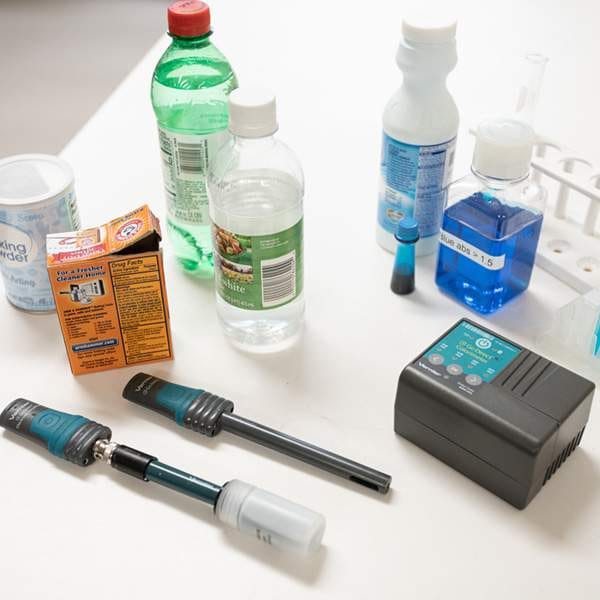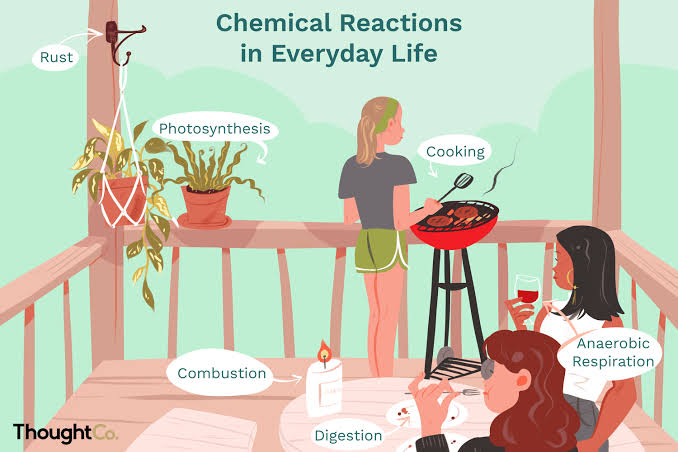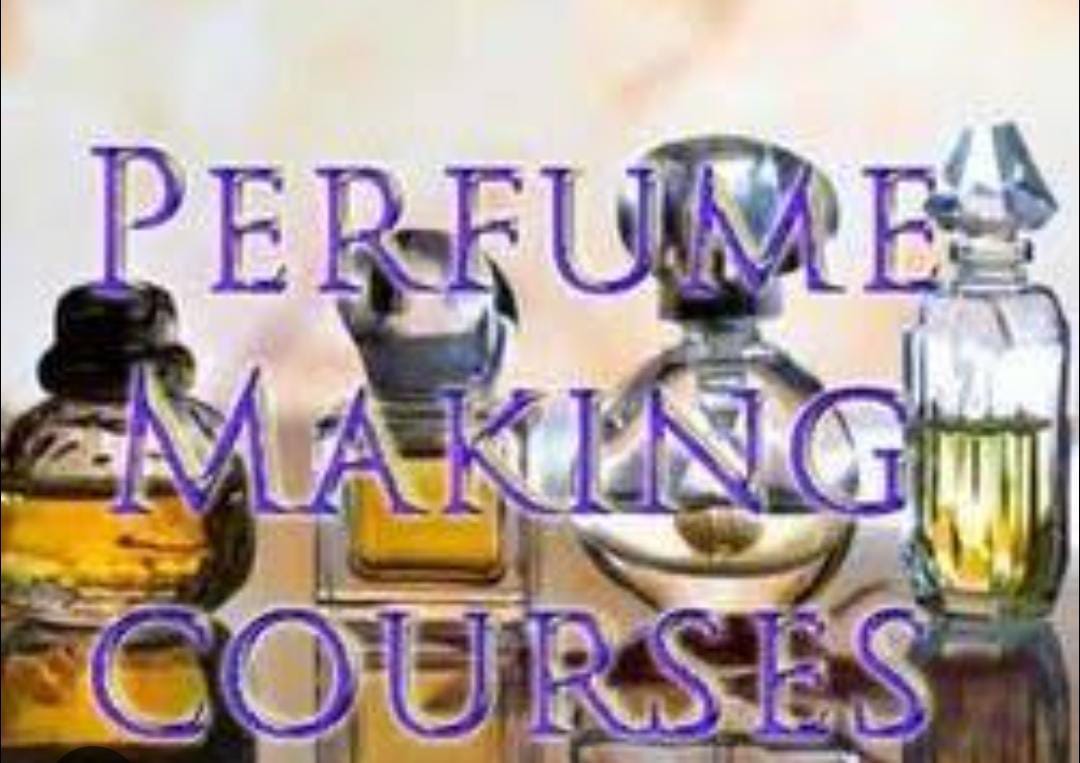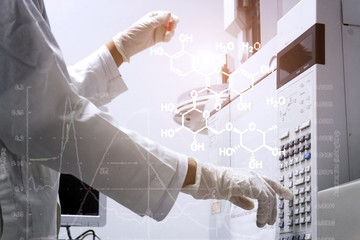HOUSEHOLD CHEMICALS AND THEIR APPLICATIONS
To provide students with a comprehensive understanding of common household chemicals, their compositions, functions, safe handling practices, and environmental and health impacts. The course aims to develop awareness of chemical safety, promote responsible usage, and encourage the selection of eco-friendly alternatives for everyday household tasks.
Read MoreKitchen And Daily Life Chemistry
Kitchen and daily life chemistry refers to the chemical principles and reactions involved in everyday activities, especially in cooking and household tasks. It includes the chemistry of food (like baking, boiling, fermentation), cleaning agents (soaps, detergents, disinfectants), and common substances (salt, vinegar, baking soda). Understanding this chemistry helps explain how food changes during cooking, how stains are removed, and how preservatives work to keep food fresh. This branch of chemistry connects science to daily routines, making it practical and relevant to everyday life.
Read MoreART AND SCIENCE OF PERFUME MAKING
Discover the art and science of perfume creation in this hands-on course. Learn about fragrance families, essential oils, blending techniques, and how to craft your own signature scents. Perfect for beginners and enthusiasts looking to explore the world of perfumery.
Read MoreBBA(CA)- Principles & Practice of Management
Principles of management are basic activities that can help you plan, organize and control operations related to material, people, machines, methods, money and markets. They provide leadership to human efforts so that they achieve set objectives efficiently.
Read MoreGas Chromatography
Gas Chromatography (GC) is an analytical technique used to separate and analyze compounds that can be vaporized without decomposition. It is commonly used to test the purity of substances, identify compounds in a mixture, and quantify components. Key features: The sample is vaporized and carried by an inert gas (mobile phase) through a column coated with a liquid or polymer (stationary phase). Different compounds travel at different speeds, allowing separation. A detector measures and records the time it takes for each compound to pass through the column (retention time), producing a chromatogram. It's widely used in chemistry, environmental testing, forensics, and the food industry.
Read MoreCA-503 Core Java
Our Core Java programming tutorial is designed for students . Java is an object-oriented, class-based, concurrent, secured and general-purpose computer programming language. It is a widely used robust technology.
Read More



